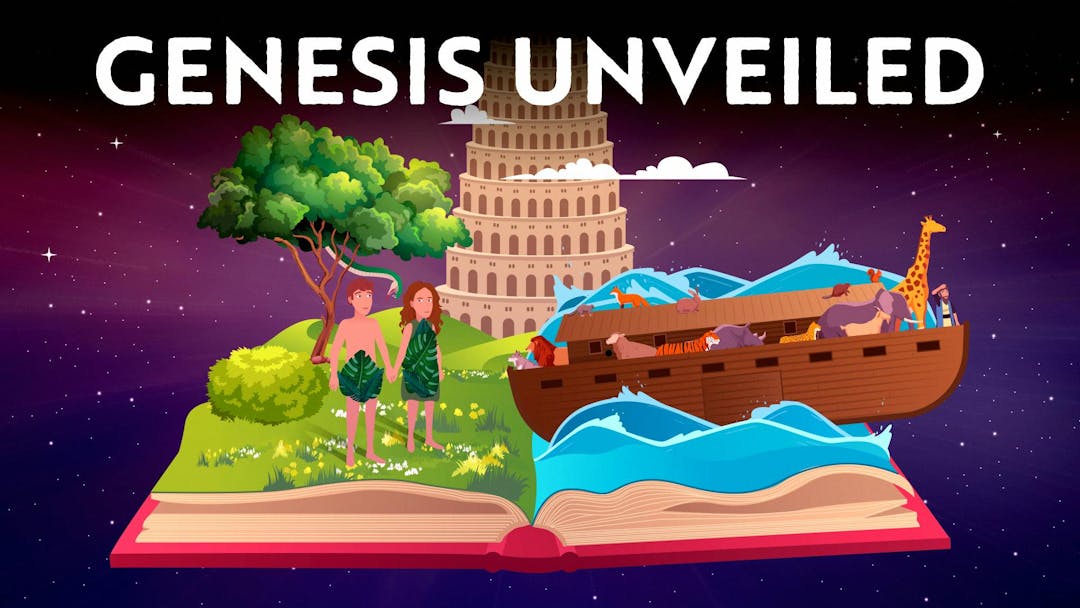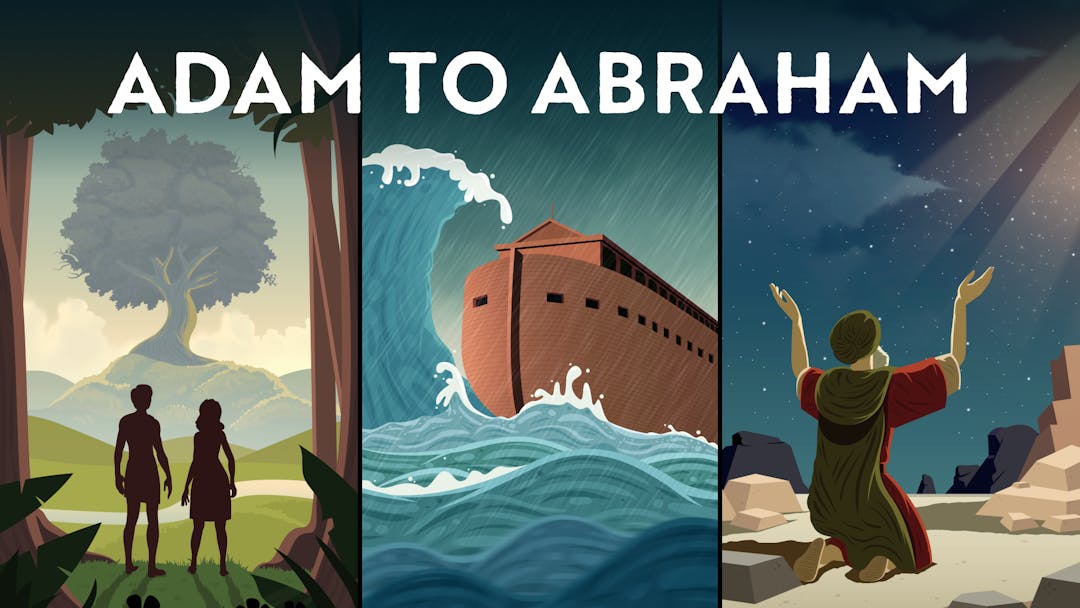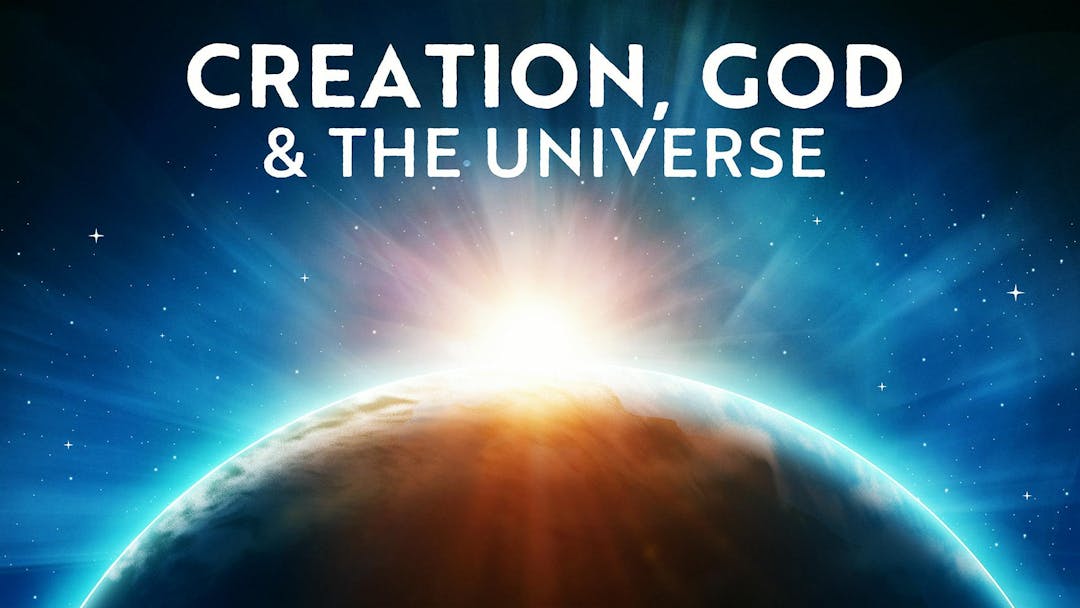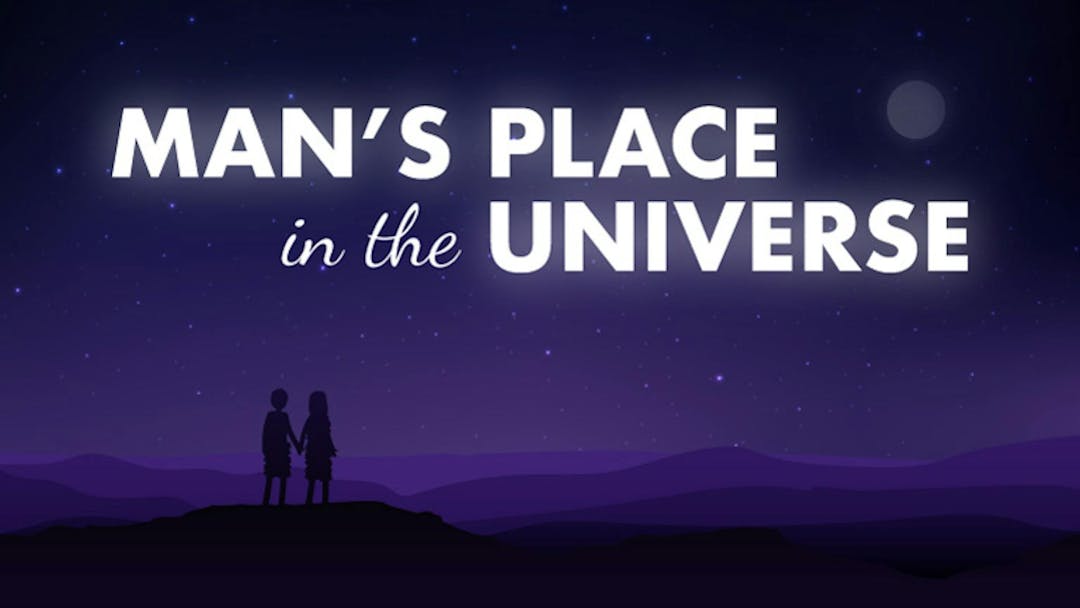Start your free trial today to unlock the full library and enjoy unlimited and uninterrupted access.
Get StartedWhat is the Meaning of Life? Part 1 (Part 1 of 7)
What Is The Meaning Of Life?
The most fundamental question, the one that keeps many of us up at night, is this one: What is our life's purpose? But where can we find a satisfactory answer to the meaning of life?
In this video series, Rabbi Fohrman attempts to argue that we can find the answer to this most difficult of questions in the beginning of the Bible. Come with us and let's explore how the Bible guides us to find our true meaning and purpose in life.
This podcast represents an earlier version of ideas that are further developed in the lecture series A Tale of Two Names: Elokim and YHVH.
Want to watch the full video for free?
Enter your email and we’ll send you a link to watch the full series free.
What is Aleph Beta?
Aleph Beta is a unique kind of Torah library. Led by our founder, Rabbi David Fohrman, we are dedicated to high-level, textual Torah learning for adults that is intellectually and spiritually sophisticated, that enlivens your Jewish practice and helps you forge a deeper connection to God. Whether you’ve been learning in yeshiva for years or you’re just beginning your Torah journey, you’re sure to find something meaningful and surprising waiting for you here.
Browse our library of over 1,000 beautifully produced animated videos, podcasts, deep dive courses, and printable guides. Topics include the weekly parsha, Jewish holidays & fast days, laws & mitzvot, prayers, relationships, big philosophical ideas and more. Have something to say at the Shabbos table that will amaze your family and guests and bring deep meaning into their lives.












